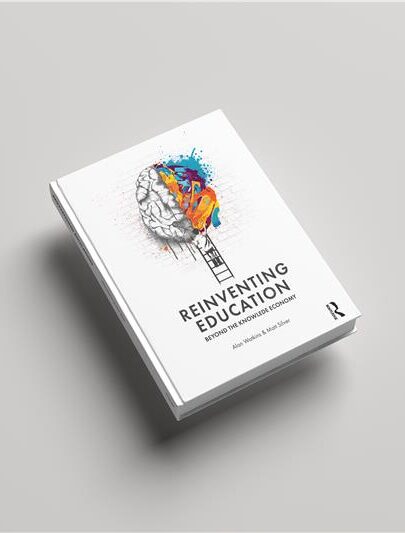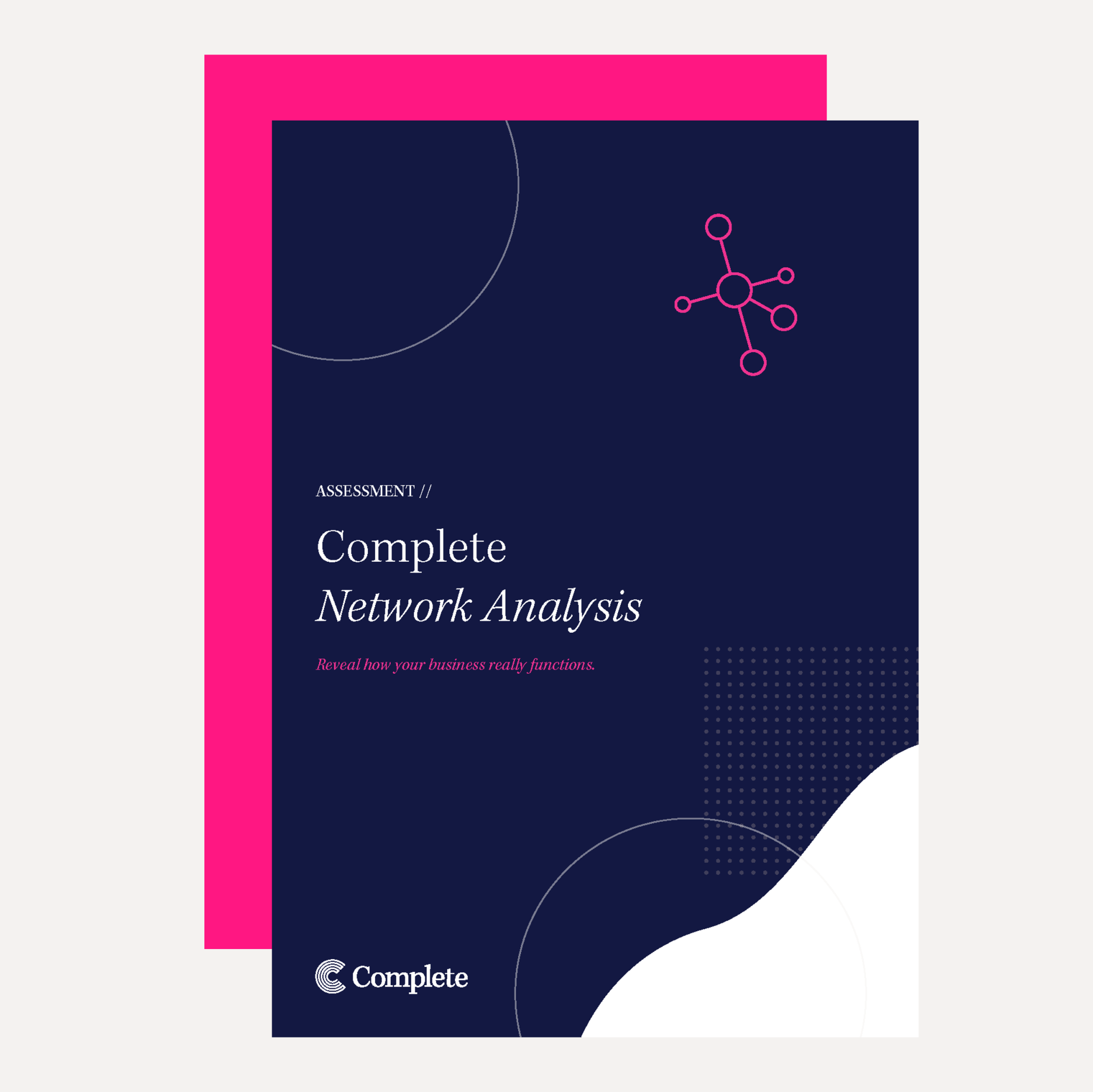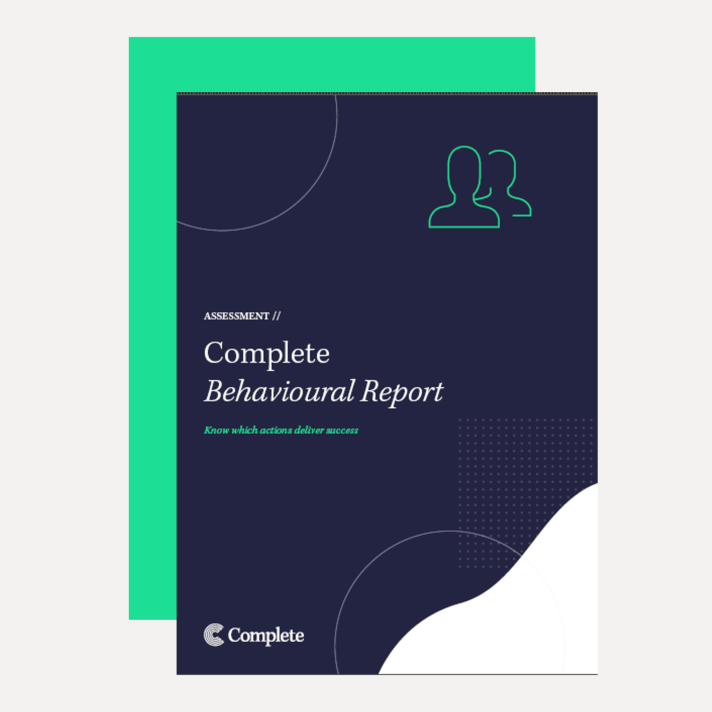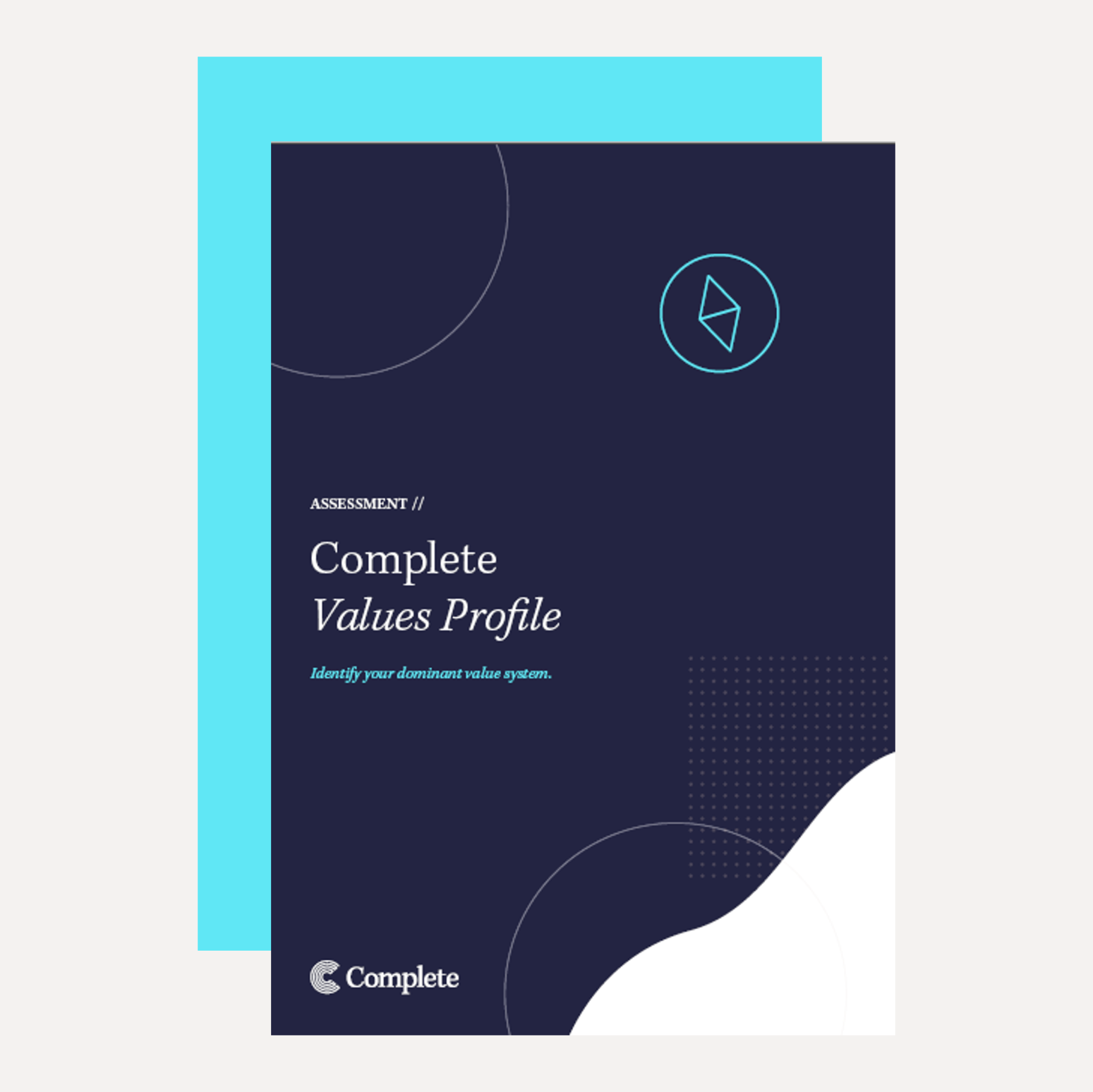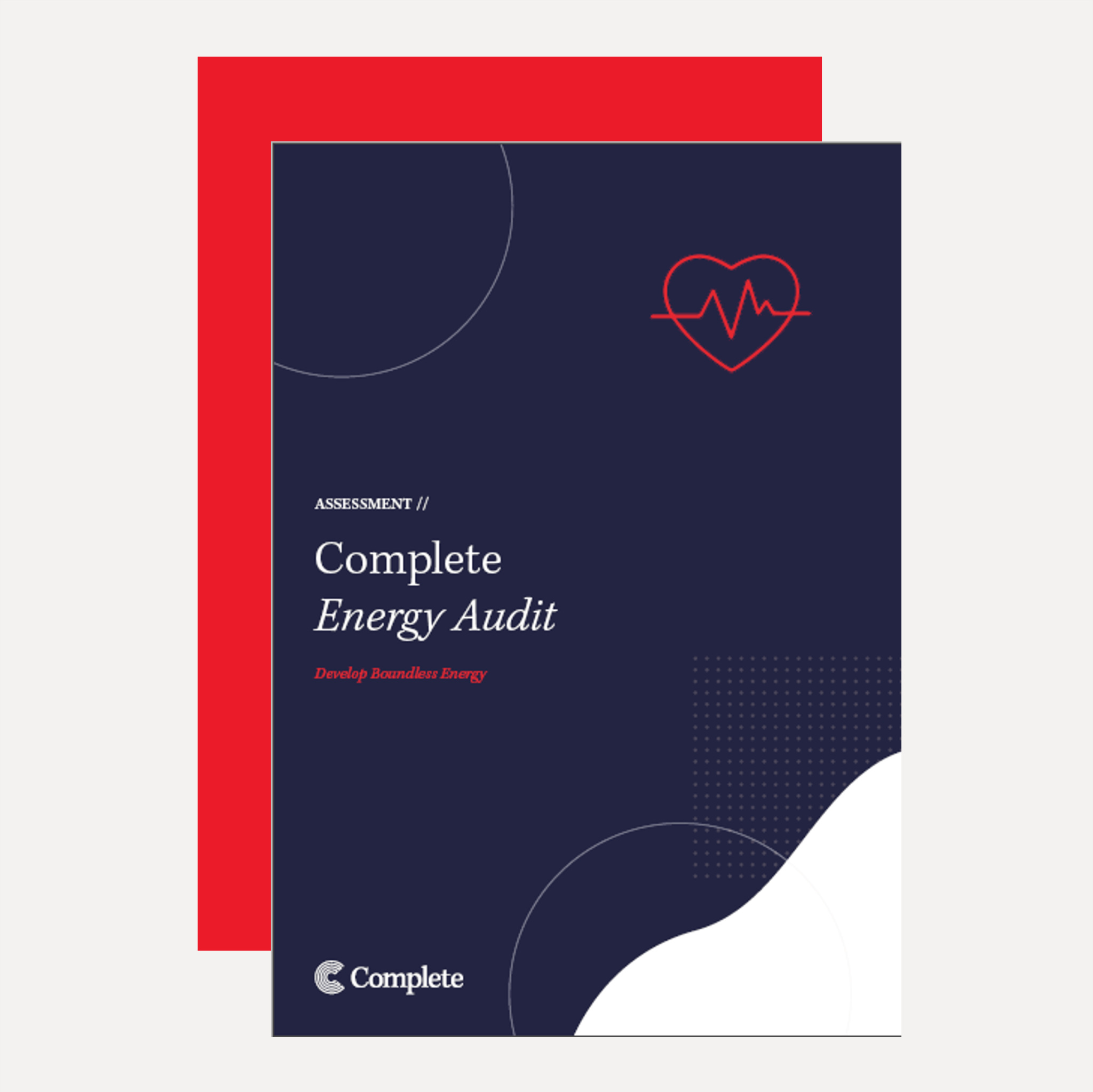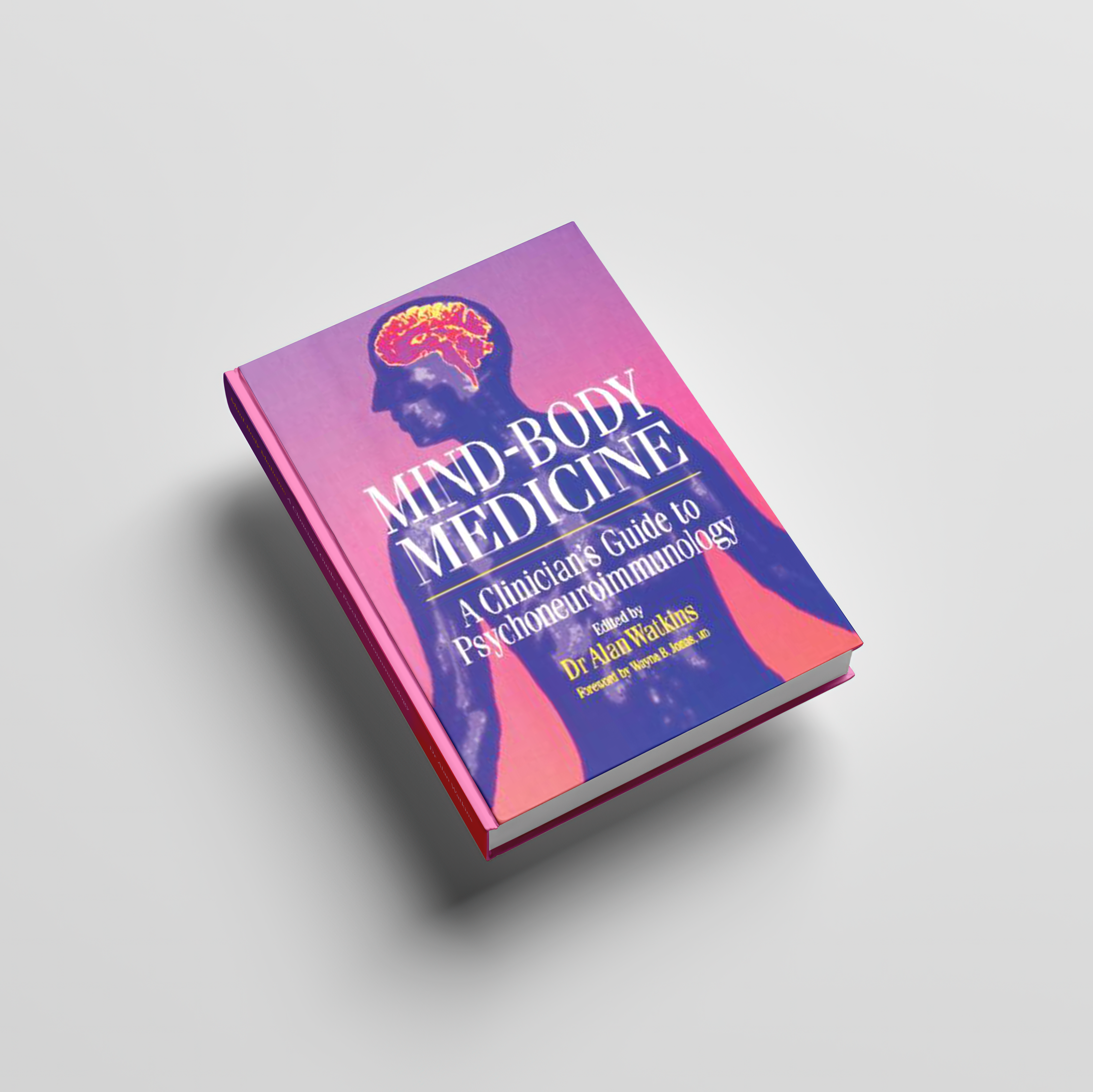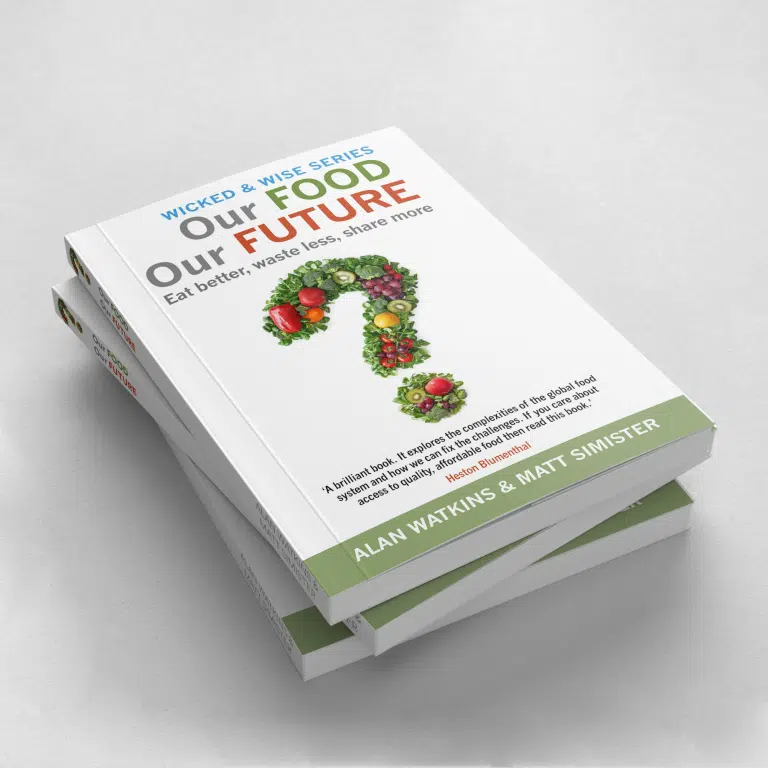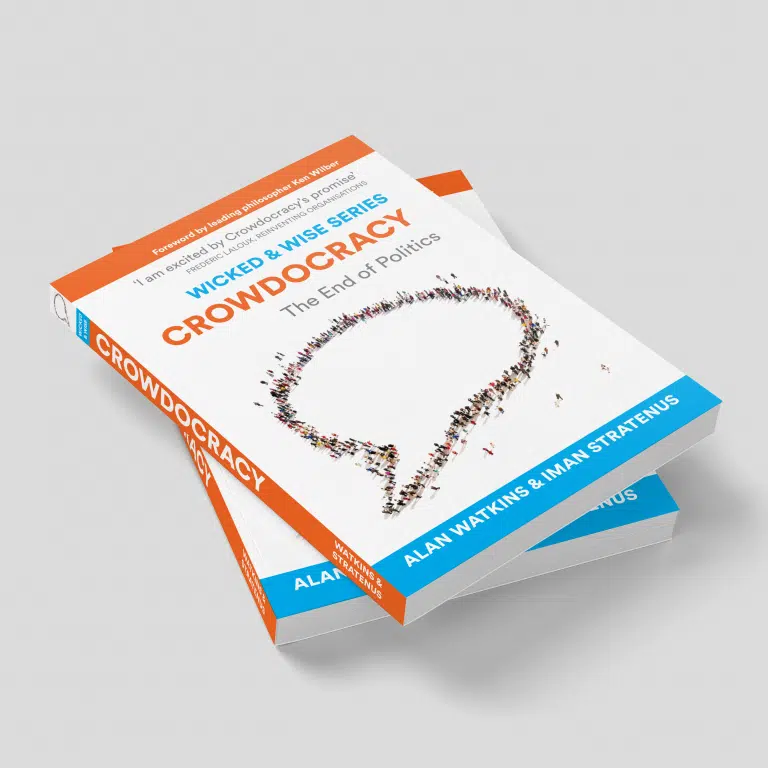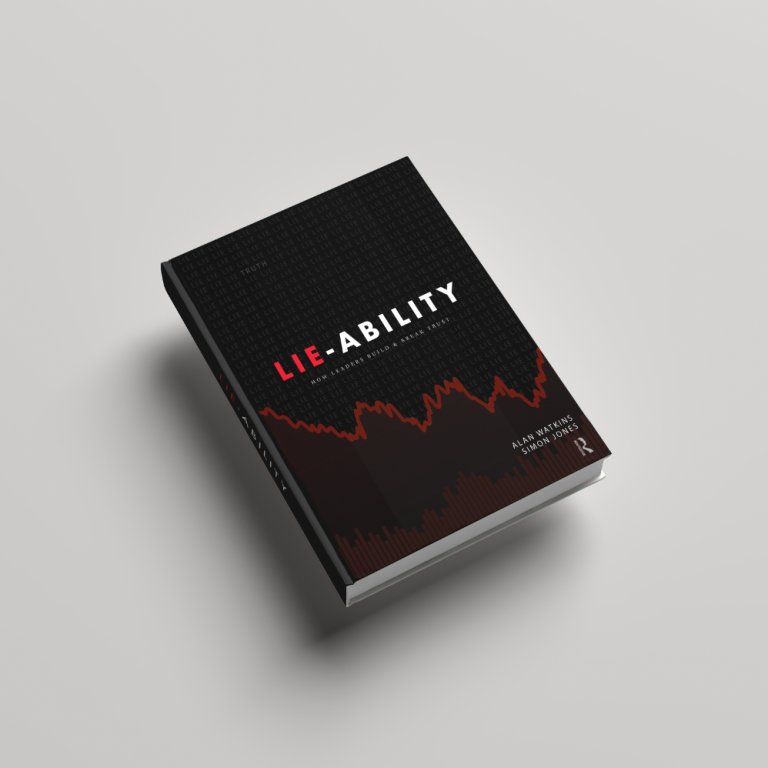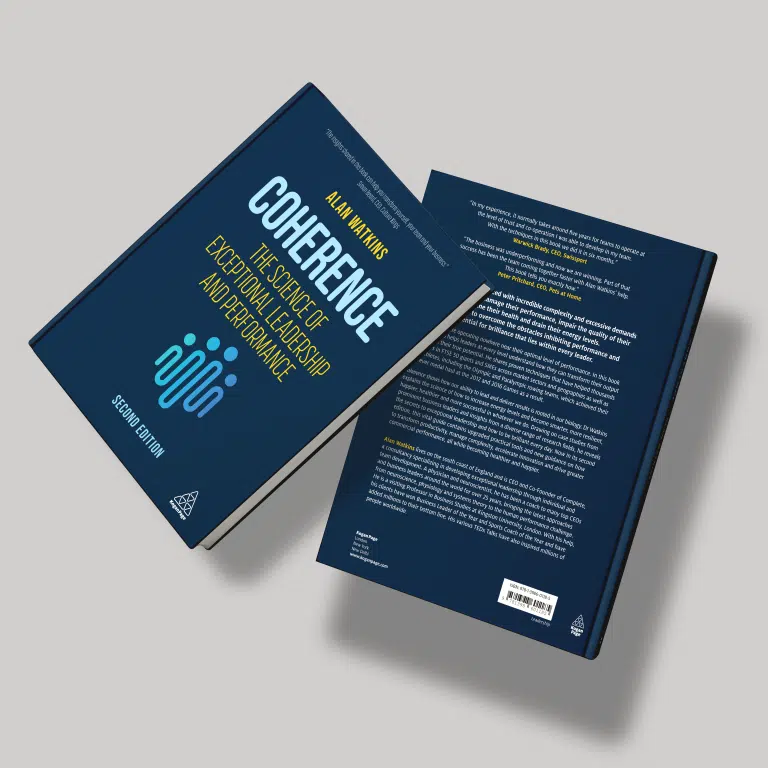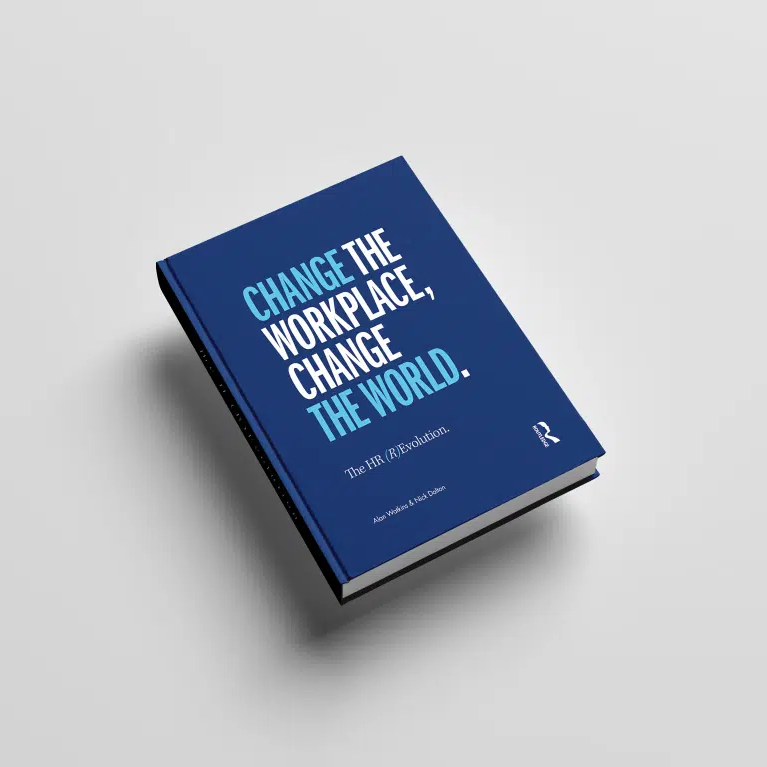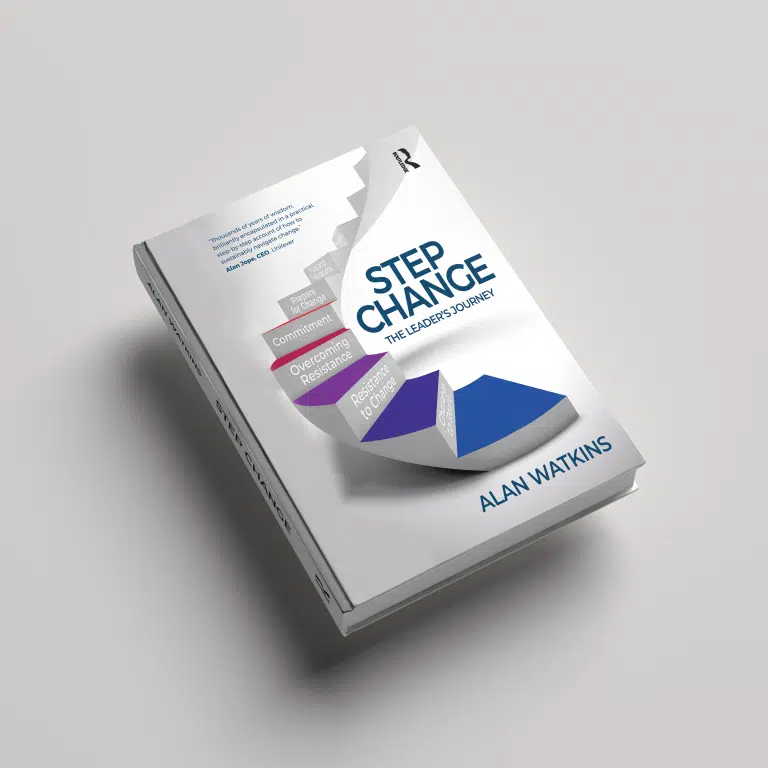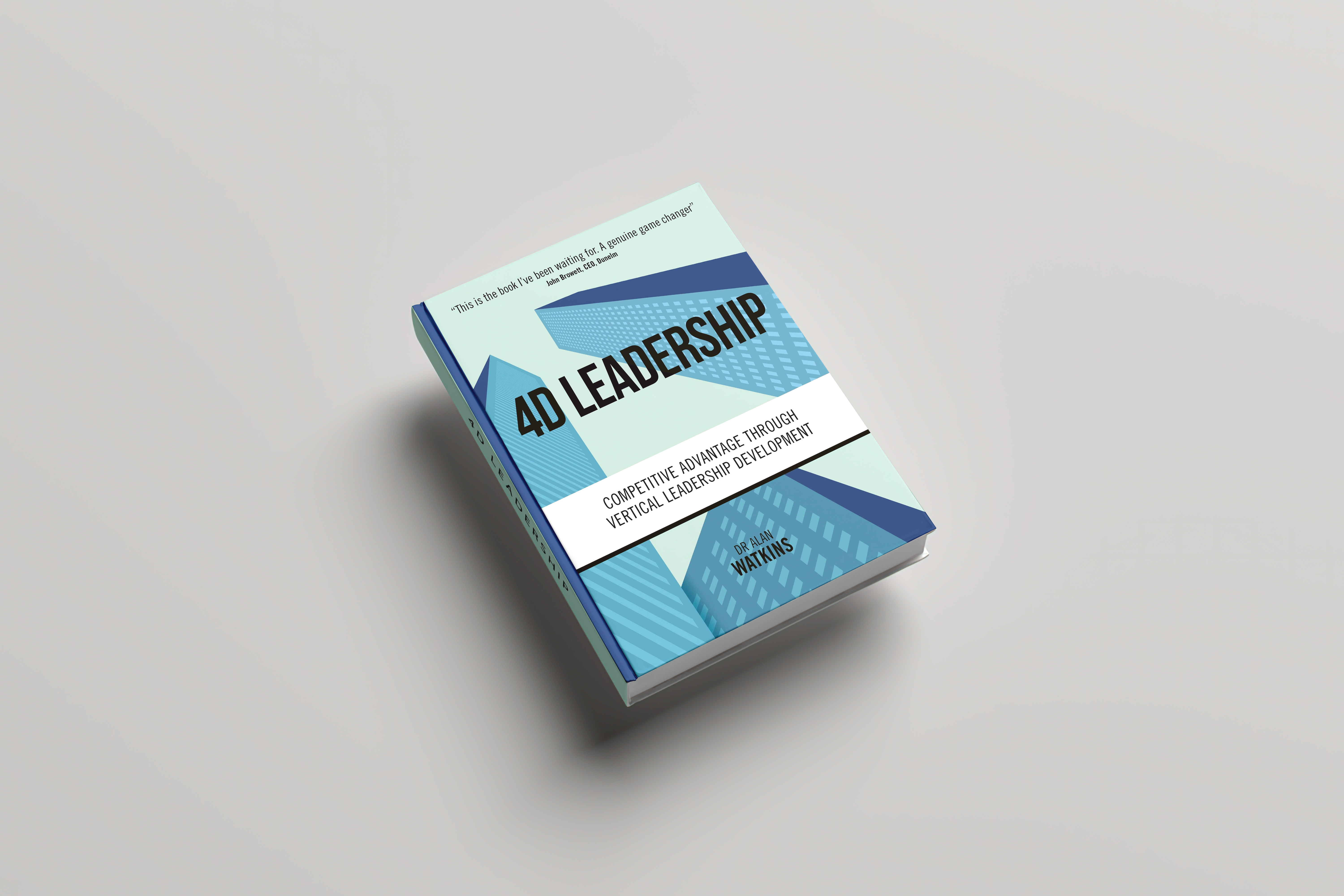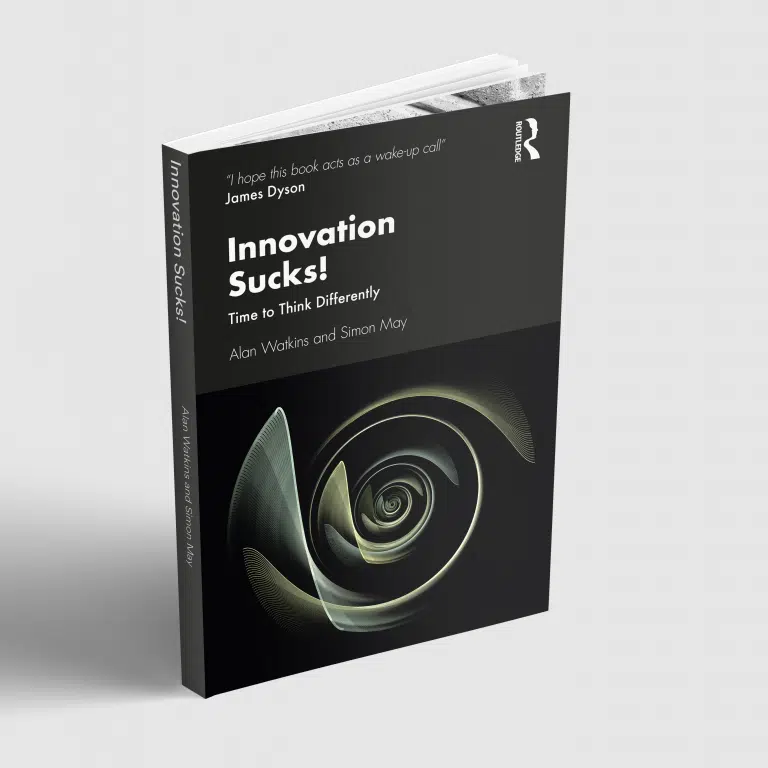When we think of hunger we naturally think about the absence of food and the 2 billion people on our planet who are starving. But we should also include the additional 2 billion people who are over fed and undernourished because they live in poverty. They live in what are called ‘food deserts’, where the only food they have access to is junk food of low nutritional quality.
Together more than half of the people on our planet suffer some sort of malnutrition. On World Hunger Day, we encourage everyone to think beyond the simple presence or absence of food and consider how hunger and poverty are inextricably linked to health, education, social justice and climate change.
The complexities of our relationship with and access to food were addressed in Dr Alan Watkins’ recent book, Our Food Our Future: Eat Better, Waste Less, Share More. Alan co-authored the book with Matt Simister, who leads one of Europe’s biggest food retailers. The book is part of the Wicked & Wise series, which suggests there is a way to solve some of the world’s toughest issues. The problem with food is not that the food industry is evil in some way, but that the problem is wickedly complex. Like all wicked issues it is multi-dimensional, has multiple symptoms, multiple causes, impacts multiple stakeholders will need multiple solutions and is constantly evolving.
As Alan and Matt point out in their book, some of the potential solutions to our food problem are within touching distance. They include:
Better waste management: To feed a growing population we are going to need to increase food production by 60% in the next thirty years. There isn’t enough farmable land on the planet to meet that demand. The answer lies in better management of food waste. Currently 30% of all food produced is wasted – most of it in the home or in the food supply chain. We need a concerted effort to change this, globally.
Innovations in farming: Although it’s still very early days, using naturally occurring bacteria to make soil and plants more robust – known as microbial control agents – is one innovation that could deliver many potential benefits. They could help us to eat better, by reducing our reliance on chemical pesticides, herbicides and fungicides. They may also allow us to extend shelf life of products without chemical inputs in a much more natural way. This in turn could help us to reduce waste as food stays safe and nutritious for longer. Finally, microbial control agents could help us to share more as we can maintain the yield levels we need to feed a growing population, while protecting the planet at the same time.
Global cooperation not competition: There is growing acceptance among the global population as a whole and within key stakeholder groups within that population that we live in an finite universe. The United Nations has created an agenda for transforming our world by 2030 through the Sustainable Development Goals (SDG) which include global aspirations to tackle our food problems. Solving any problem, especially a wicked one requires global recognition that there is a problem in the first place. The fact that these SDGs even exist, and are widely known, is a reason for hope. There is no progress without awareness so the first step in changing anything for the better is to be aware of what needs to change.
Taking control of our bodies: A new wave of preventative medicine, information, knowledge and personal health data will enable us to precisely identify and appreciate the quality and impact all food and drink has on our mental, emotional and physical health. We could still enjoy our ‘guilty pleasures’ from time to time, whether that’s chocolate, pizza or a bowl of ice cream but we would no longer be under any illusion of their impact on our health. We would be able to make more informed choices about our food intake and its impact on our health and wellbeing.
There’s no denying that while these solutions, and many others offered in the book, offer hope, there is a very long way to go to solve this wicked problem. To solve world hunger, we will need wise solutions, driven by thinking that goes beyond the symptoms of the problem and innovate better and collaborate more effectively.
Read Our Food Our Future: Eat Better, Waste Less, Share More to discover more.






